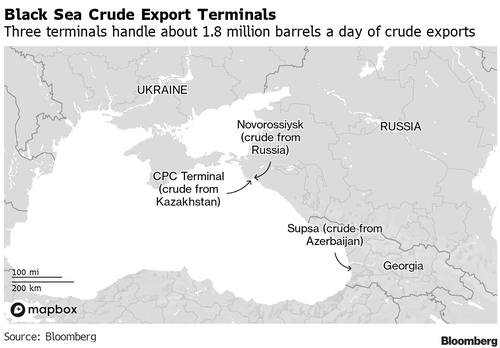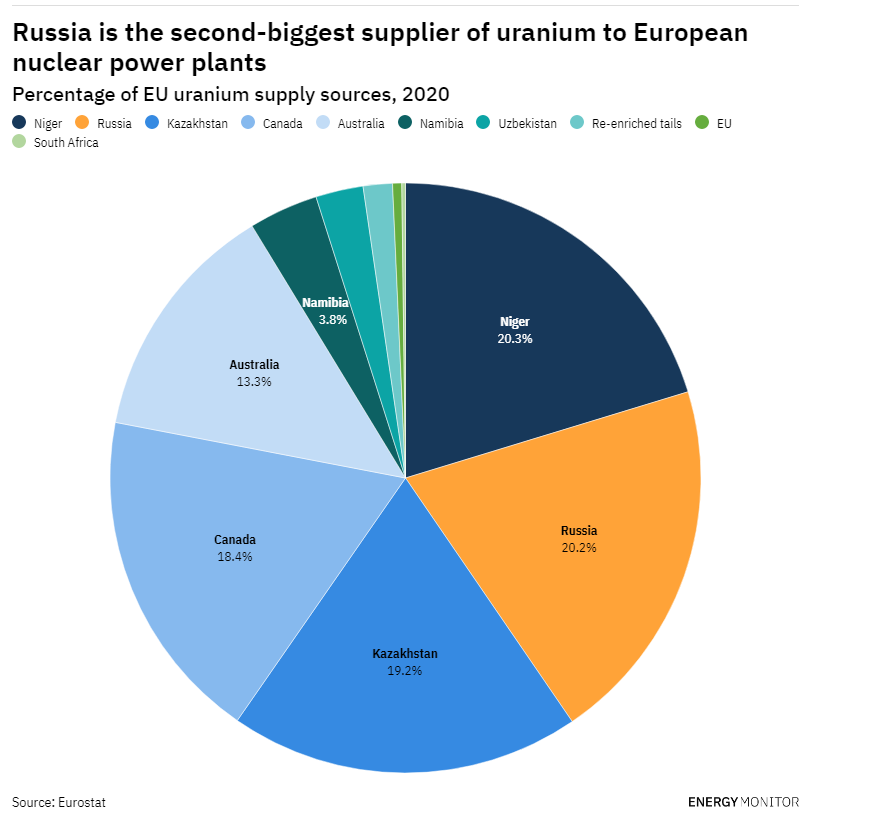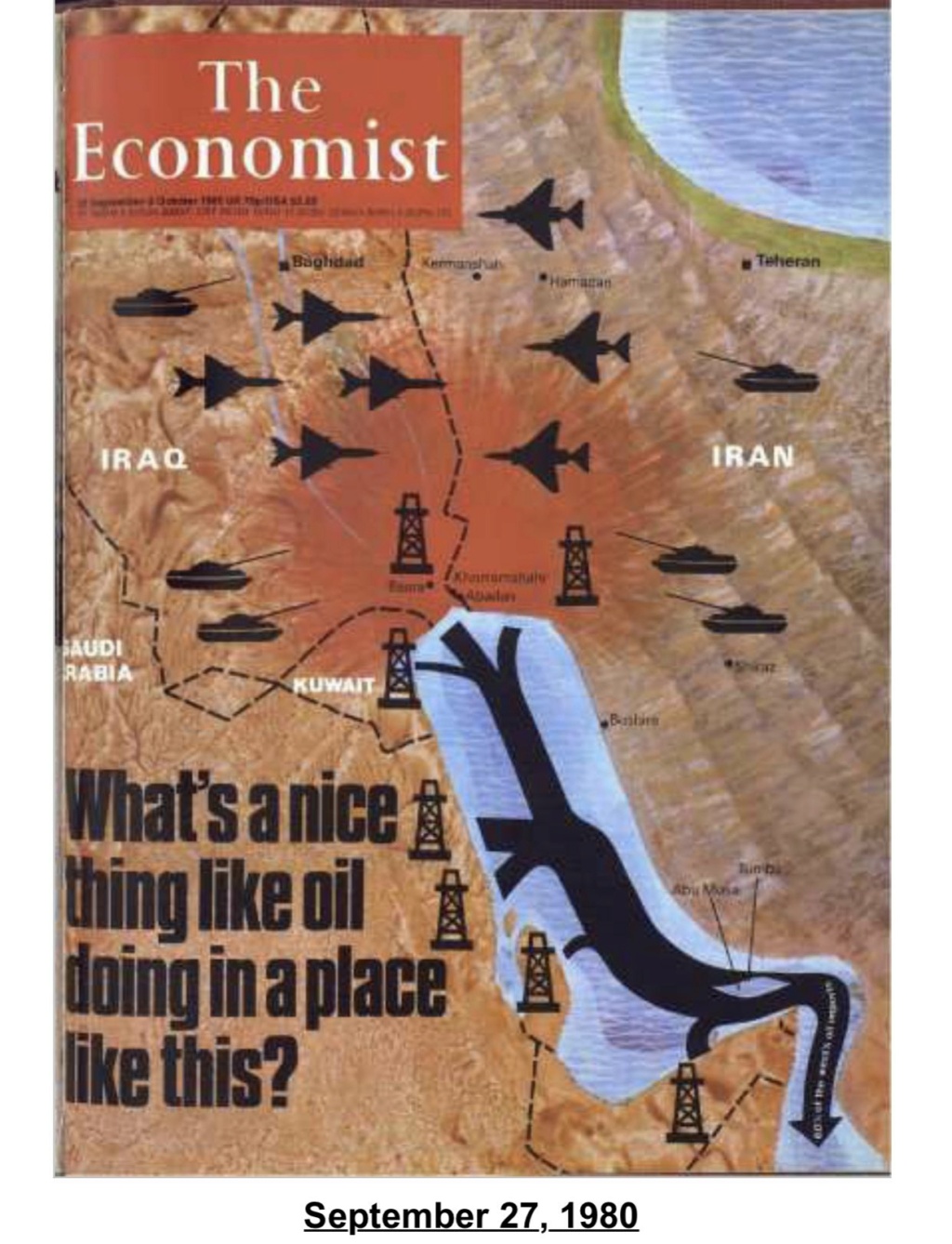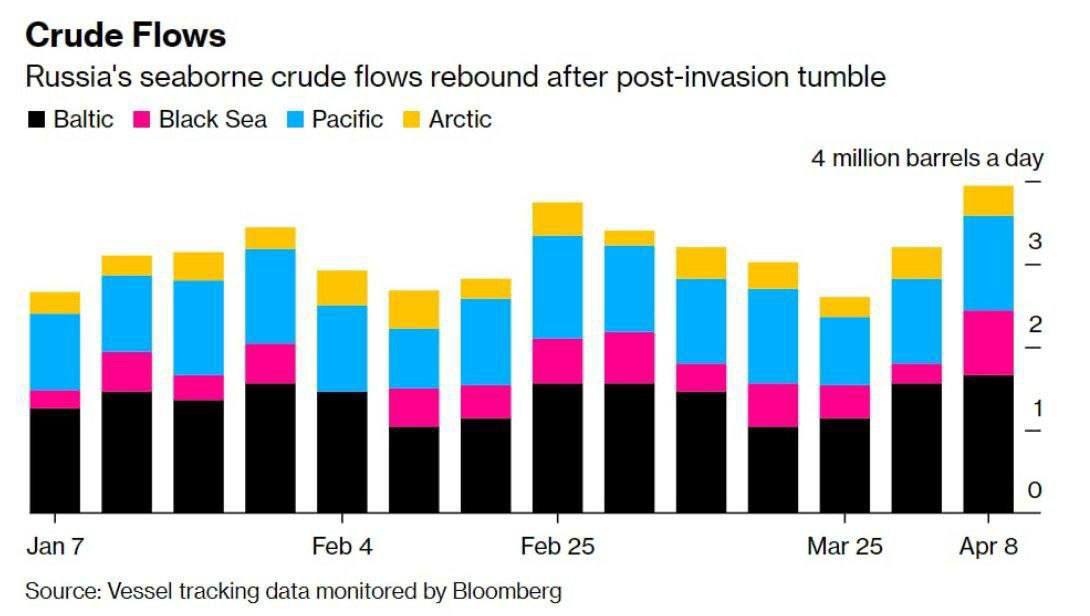Airbus has its tail between its legs: The airline against the titanium embargo
The ban on the supply of metal from Russia will nullify the leadership of Europeans in the aviation market
The French aircraft manufacturer Airbus called on the West not to impose an embargo on the import of Russian titanium. Such restrictive measures, according to the head of the aviation concern Guillaume Faury , will not have a significant impact on the Russian economy, but will seriously harm the global aviation industry.
Fori made the corresponding statement on April 12 at the annual meeting of the company's shareholders. He called the ban on the import of Russian titanium, which is used in the creation of modern airliners, "unacceptable" and suggested moving to a policy of waiving any restrictions.
At the same time, according to him , the Airbus concern has been accumulating titanium stocks for many years, which gives it a "breathing space" in the short and medium term if the supply of this metal is still blocked.
Titanium is almost indispensable in the aircraft industry, where it is used to make propellers for engines, hulls, wings, skins, piping, fasteners, and much more. And so far it has not been included in the sanctions packages imposed against our country by Western countries. Perhaps this is due to the fact that VSMPO-Avisma, the world's largest titanium producer, is located in Russia.
Before the crisis, Kommersant clarifies , this Russian company provided up to 35% of all titanium needs for Boeing, 65% for Airbus and 100% for Embraer. But about a month ago, Boeing announced the suspension of metal purchases in Russia in favor of supplies from Japan, China and Kazakhstan. In addition, the American corporation, due to problems with its new flagship Boeing 737 Max and the pandemic, significantly reduced production, putting only 280 cars on the market last year. Airbus still depends on Russian titanium much more. Also, the European aircraft manufacturer plans to increase the production of its A320 liners.
At the end of March, Bloomberg reported that Airbus began looking for alternative sources of titanium in case supplies from Russia were cut off. But, apparently, the search was not very successful ...
We must not, again, forget that the French concern previously joined the EU sanctions against Russia, which include a ban on the export of aircraft, the supply of spare parts, the repair and maintenance of European airliners by Russian airlines. Therefore, in this situation, it would probably make sense to just impose an embargo on our part ...
SP asked the editor-in-chief of the Avia.ru portal Roman Gusarov to comment on the situation:— As for the supply of titanium to the world aviation giants, here, in my opinion, the dependence is mutual. Just as they are interested in obtaining large volumes of high quality titanium products, we are also interested in these orders.
I agree that, of course, there will not be much damage to the country's economy in case of refusal to purchase titanium in Russia. It is obvious that the hundreds of millions of dollars that are earned from titanium cannot be compared - conditionally - with 1 billion dollars a day for gas supplies in the European direction.
Let me remind you, we sell for export not raw materials, but products that have already passed the technological process of stamping and rough machining (they do fine processing at their enterprises). This is almost a complete product, and not just a piece of metal.
But here you need to understand that the VSMPO-Avisma plant, which works for Boeing, Airbus, and other contracts, is located in Verkhnyaya Salda, a small town in the Urals. And if they impose an embargo on the purchase of titanium, then we will have a huge enterprise. Because we will not be able to provide it with our orders in such volumes. And this is a city-forming enterprise.
That is, we also get problems here. Therefore, in no case, I think, should we respond to their unfriendly attacks, so as not to cut the branch on which we sit, as they say. We still need to stand on the fact that we are ready to continue to supply titanium and titanium products, and maintain our place in the supply chain.
SP: Why is this so important?Because they, as they themselves notice, have reserves. That is, the embargo will not affect the production of their aircraft for some time. Especially considering that aircraft production and demand for aircraft has fallen due to the pandemic.
Moreover, it began to fall even before the pandemic. The Americans, due to several plane crashes, have generally suspended the production of their medium-haul Boeing-737 MAX.
Reduced its production and Airbus, despite the fact that it remained on the market alone. Because it turned out that the production capacities were oversized - i.e. optimistic forecasts of demand did not come true.
"SP": - But now Airbus is just announcing an increase in output ...- Yes, they said that they would increase, that there would be no problems ... But these are, by and large, statements for the market - they say, "everything is fine with us, order planes, you will receive everything on time." Actually, no, of course not. They will have enough titanium reserves for a short time, because they have reduced the production program. But what to do next?
Half of the titanium of the two main world manufacturers - Airbus and Boeing - is supplied by Russia. There is simply nowhere to get such large volumes. This will take time.
But it is not good enough for us if we categorically refuse to export titanium. Of course, it is possible to create some local difficulties for that side. But in a few years, they will organize new technological chains, make investments in other countries, and we will fall out of this cooperation forever. And we won't be able to go back.
"SP": - Who is our competitor? Japan?- China, as far as I know, produces titanium, but it has its own needs. The largest producer, of course, is Russia. Although Boeing recently announced that they had found an alternative supplier of titanium in the face of Japan. Only here in the message we are talking about a titanium sponge, and this, sorry, is not yet titanium. This is just an enriched ore, from which titanium must be isolated, and then titanium products should be made from it.
Where Boeing will do all this is the most interesting. Because technological chains are international. And even Russia is not a full-fledged producer of titanium - from the mine to the product. The ore can be mined somewhere in Africa or Latin America, but we are already smelting high quality pure titanium and making titanium products. This is a very serious production, and just to create it from scratch costs a lot of money.
"SP": - Why don't we set a condition in this case: "we give you titanium, you give us spare parts" for your aircraft?“I don't think you should do it. We have other arguments about aircraft. Today, just the government has introduced temporary rules for leasing and buying aircraft from unfriendly countries. They take into account both the interests of our airlines and the interests of Western lessors, who are offered a mechanism for settling accounts with them. That is, because of the sanctions, there was no mechanism. And now it has appeared: either you have a representative office in Russia, and we pay you in rubles. Or you open a representative office in a friendly country and we pay you in the currency of that country.
Leaseholders will finally be able to exhale, because they themselves are afraid of the return of their planes, in fact, although they are still puffing out their cheeks. And our airlines will be able to fly.
And then - along the chain: if this stage is implemented, the owners of the aircraft themselves will help us organize the supply chain of spare parts for their property. After all, as long as the aircraft is not bought out, while it is leased, it is their property. These are billions of dollars. Ten new planes, that's a billion dollars. And we have more than five hundred of these aircraft. Accordingly, they themselves will contribute to the organization of the supply of spare parts for maintenance. Again, through third countries.
That is, we must understand that lessors are not our enemies, they are in the same boat with us. And they are not happy with the decisions of the political leadership of their countries. Therefore, they will try - they are unlikely to talk about it aloud, but they will help us.
Here we have taken the right position. The West is talking to us with ultimatums, while we remain within the framework of normal legal relations. Contractual obligations are ready to be fulfilled. We do not plan to seize any property. And this is a very good signal to the entire global business, which has already taken a fighting stance, and we made it clear that there is an option that "will suit both you and us." What is mutual expediency. And this process, I think, is now going slowly. The statement of the Airbus CEO is also a good signal in this sense.
https://svpressa-ru.translate.goog/economy/article/331294/?_x_tr_sl=auto&_x_tr_tl=en&_x_tr_hl=en-US 

 kvs
kvs









